Since November 4, 2020 Ethiopian and Eritrean military forces have been engaged in hostilities with the Tigray People’s Liberation Front (TPLF), after Ethiopia charged that Tigrayan forces attacked an Ethiopian military base. For almost one year this ongoing war has resulted in approximately 2 million people forced to flee their homes, some crossing into neighboring Sudan. There have been social and commercial facilities destroyed; there have been reports of rape and sexual assaults and massacres by the warring factions, and arbitrary detention and disappearance of Tigrayans in Ethiopia. To make matters worse, Amnesty International is reporting that the Ethiopian government has instituted a de facto blockade, by preventing food, fuel, and medicine from reaching the devastated Tigray region.
Because of these conditions, the situation has surpassed crisis proportions. The United Nations has reported that over 5 million people need humanitarian assistance; 400,000 are in famine and 1.8 million are on the brink of famine. This is a grave humanitarian crisis which needs urgent attention by the global community through the UN and the warring factions need to immediately put an end to these hostilities. The UN Human Rights Council have been lukewarm in their response to the crisis; publicly held Security Council meeting was held only in June 2021, 8 months after the hostilities started. The UN World Food Programme has said it will take at least 100 trucks of aid daily to bring a minimum of relief to the victims of the ongoing war.
The African Union (AU) needs to play a more visible and decisive role in the resolution of this conflict; however, their timid and opportunistic response is not surprising. The AU has become all things to all people; they have no problem seating a genocidal and Apartheid regime but ignores the devastation of their own people.
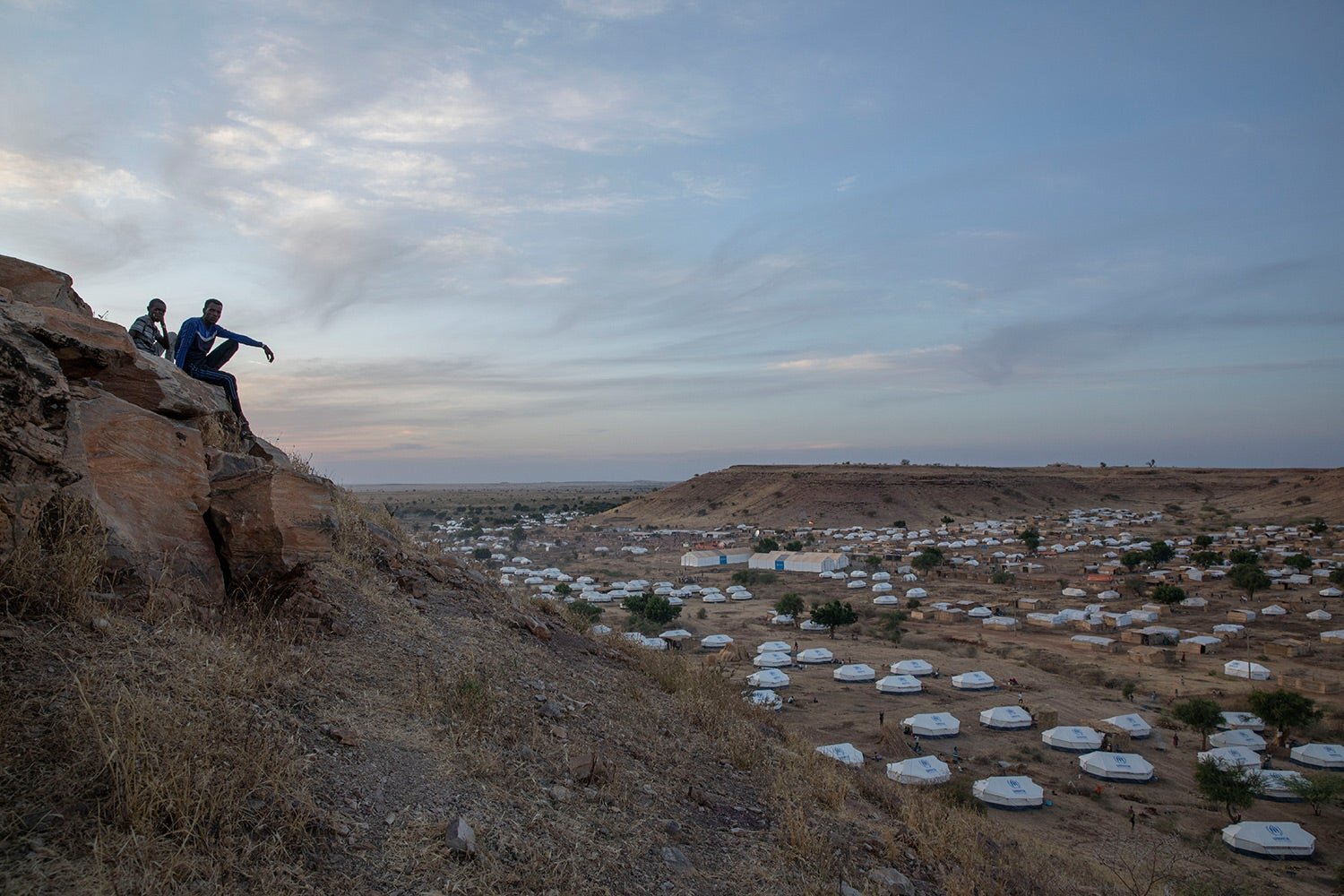
Refugee camp in Qadarif, Eastern Sudan - Photo: Nariman El-Mofty / AP Images - Human Rights Watch
Amid reports of arbitrary arrests and unexplained disappearances Amnesty International have said it: “urges the Ethiopian government to end this wave of arbitrary arrests, and to ensure that all detainees are either promptly charged with internationally recognized crimes and given fair trials, or immediately and unconditionally released. The government must also inform families of the whereabouts of those detained and ensure that they have access to lawyers and their relatives.”
Both sides need to come to the table and negotiate in good faith based on mutual respect and the preservation of the human and cultural rights of all parties; sanctions and military operations are not an amicable, humanitarian, or sustainable solution.
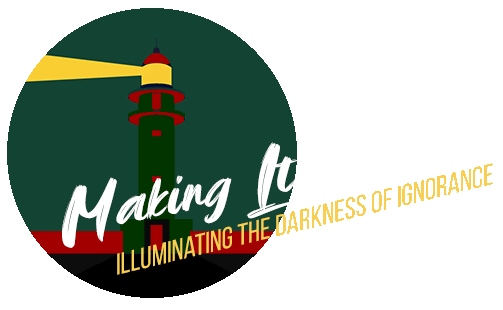
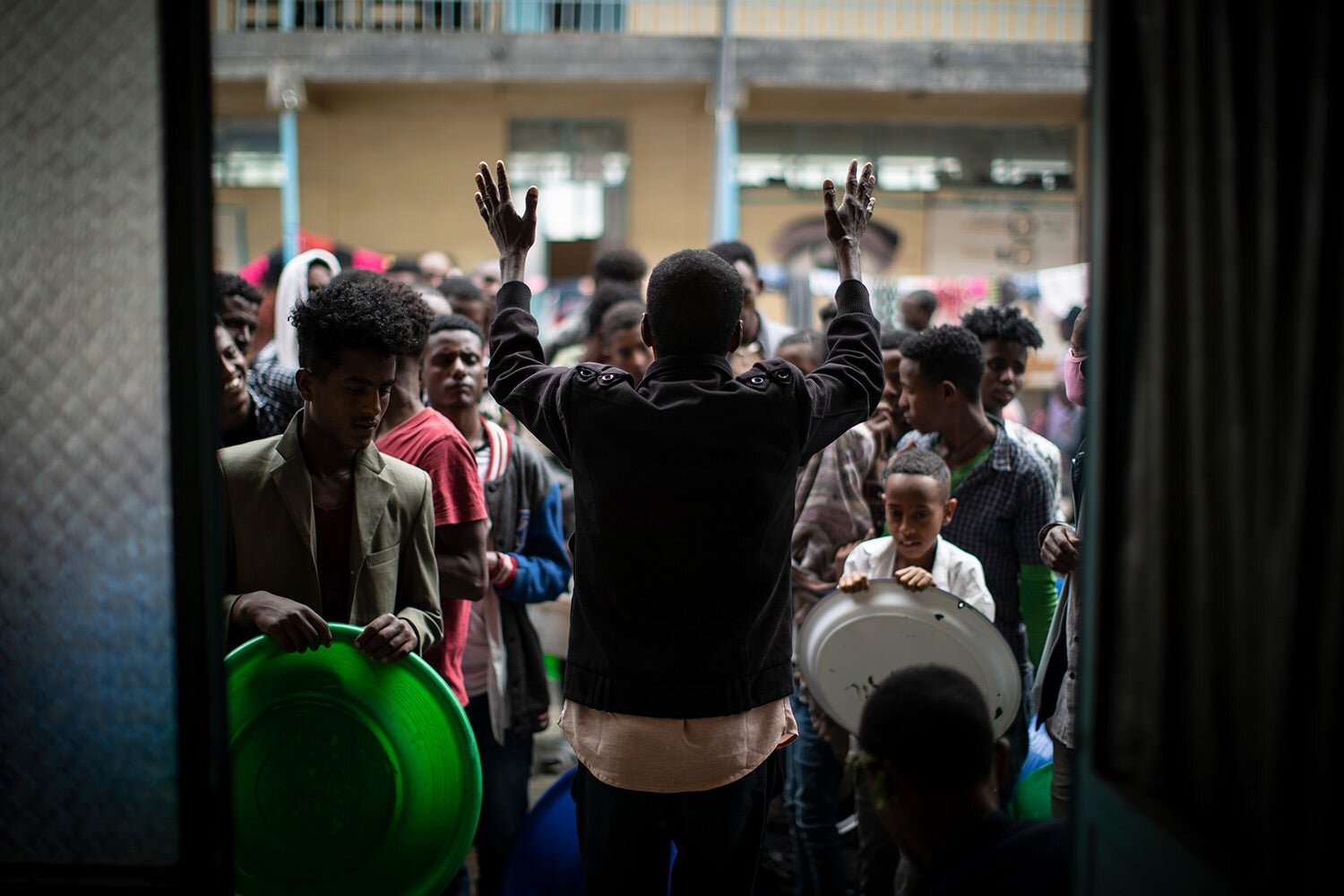
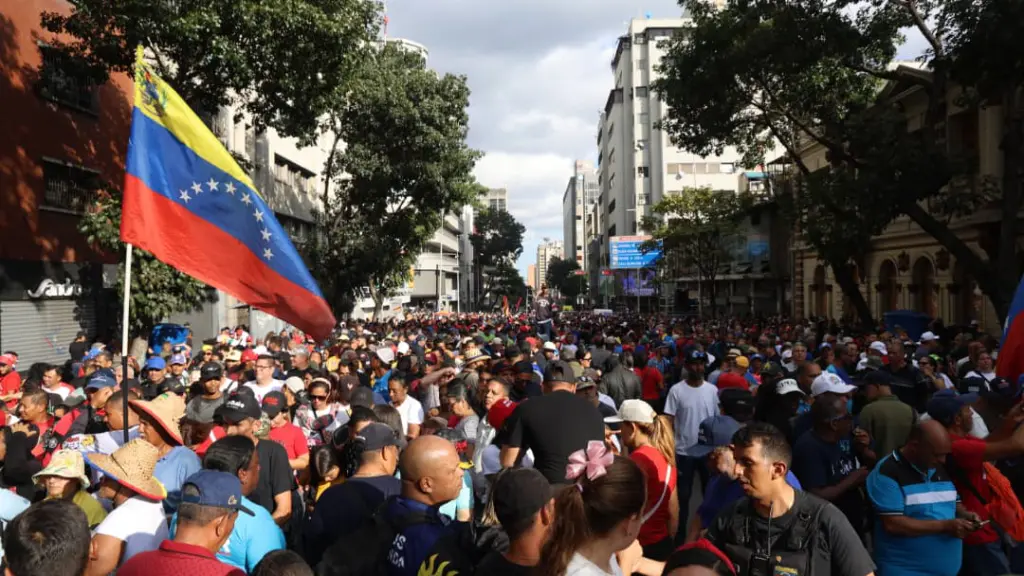
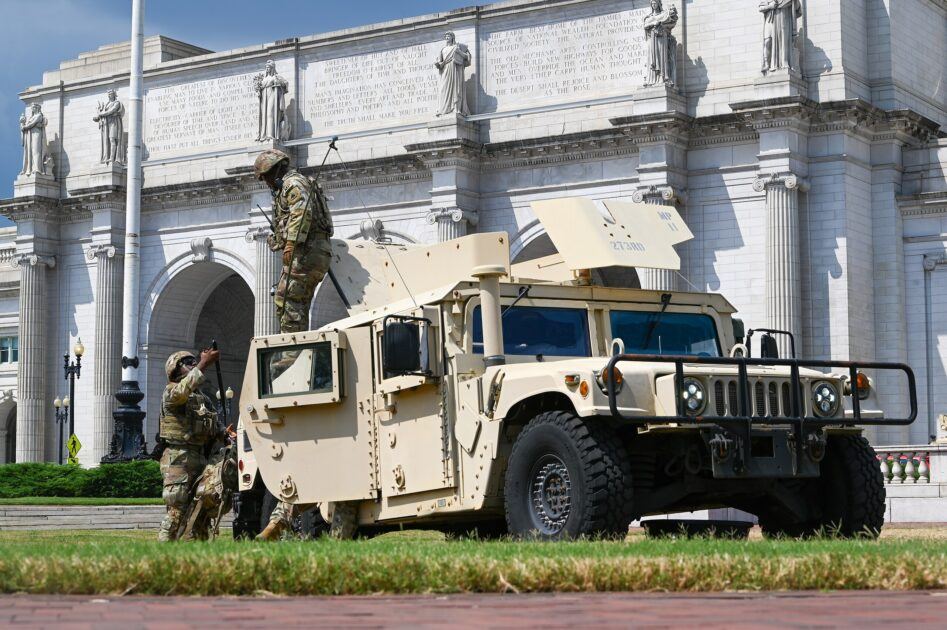

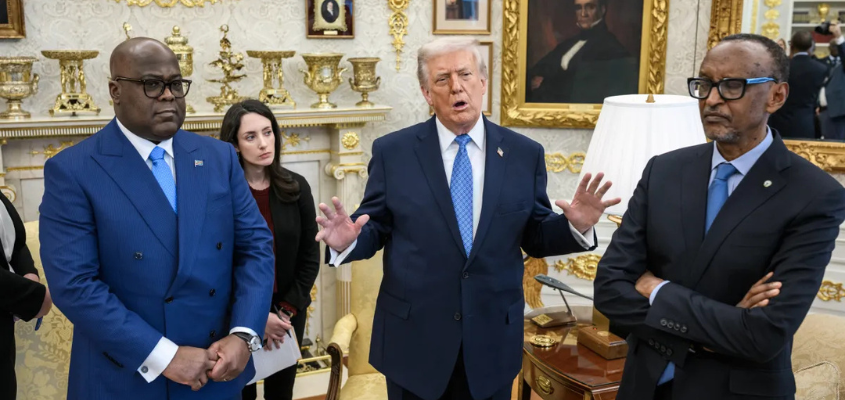
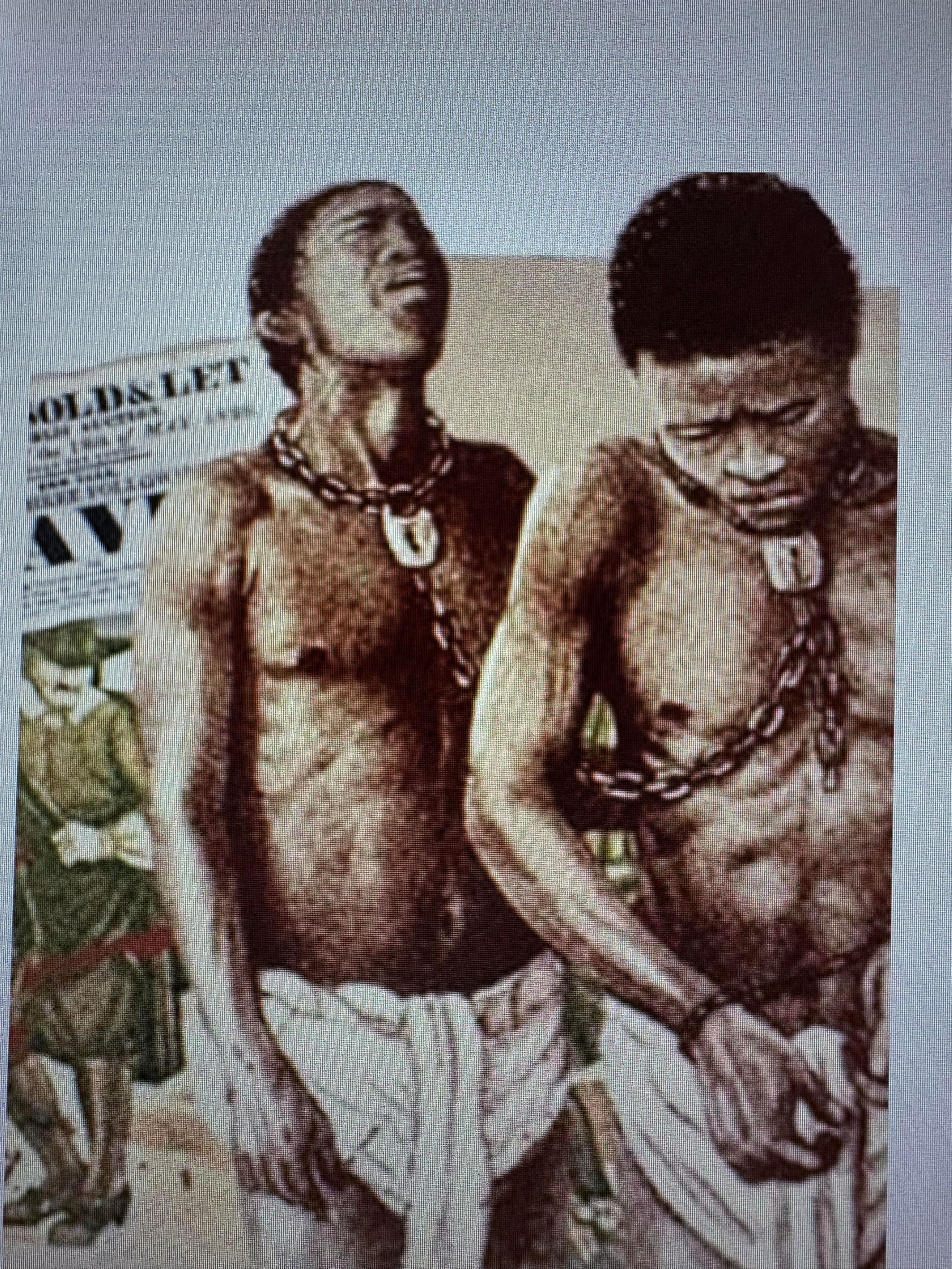

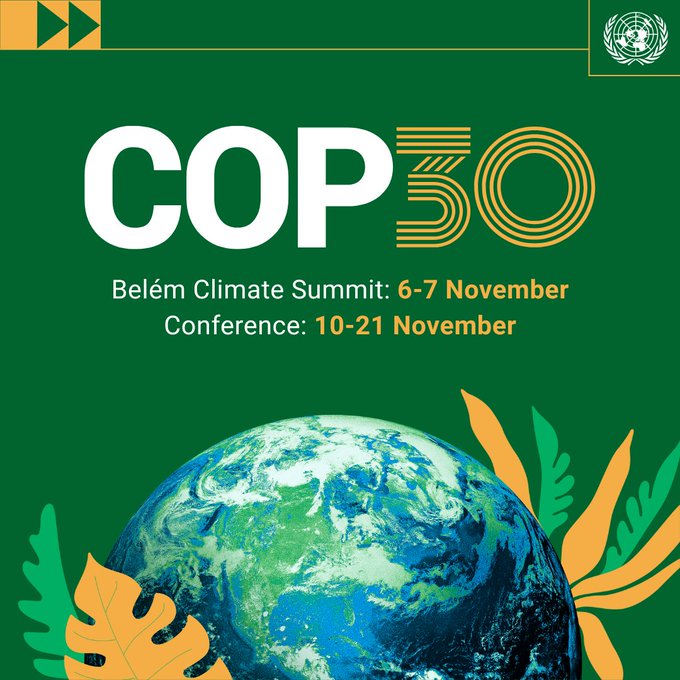

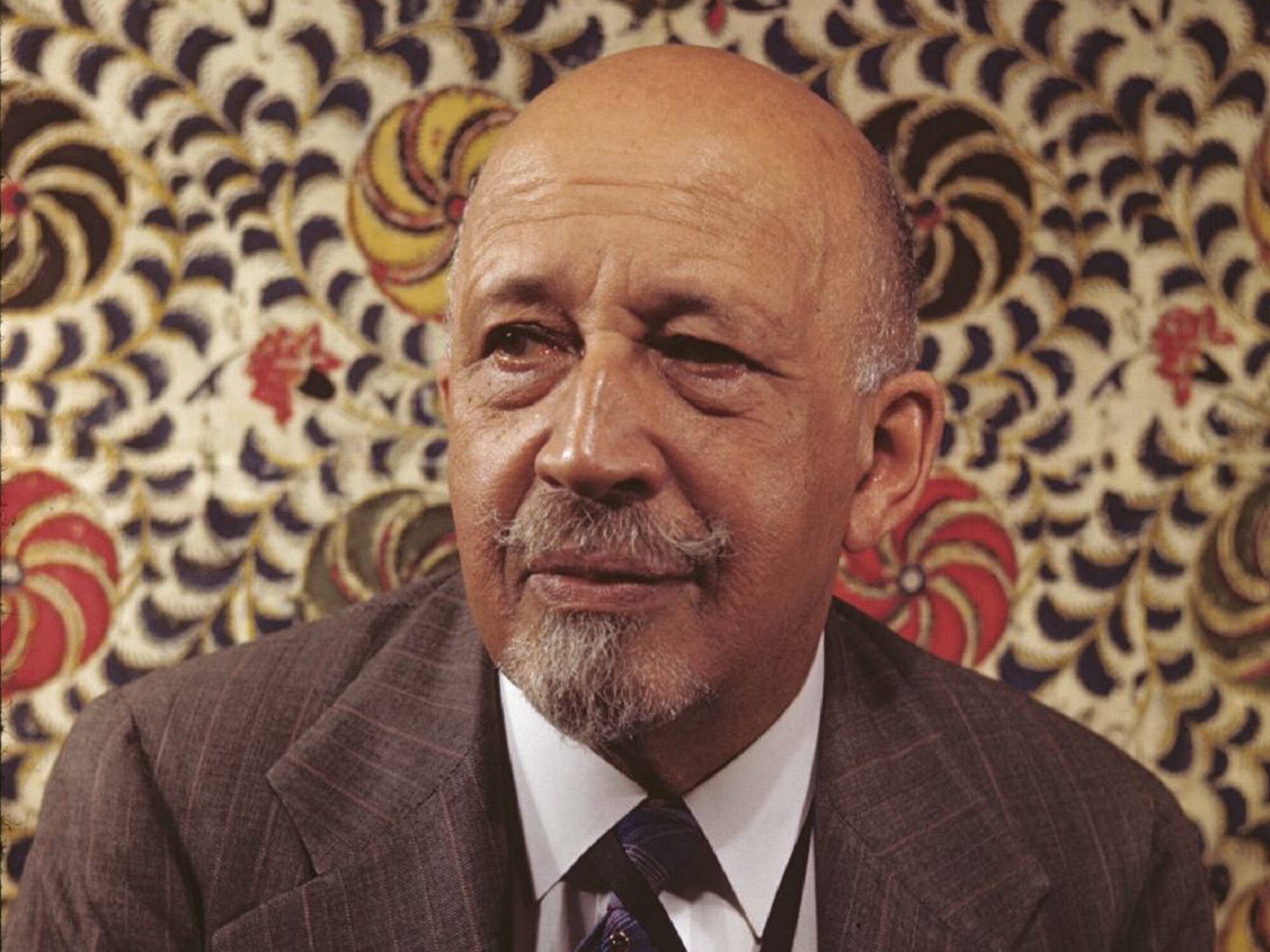

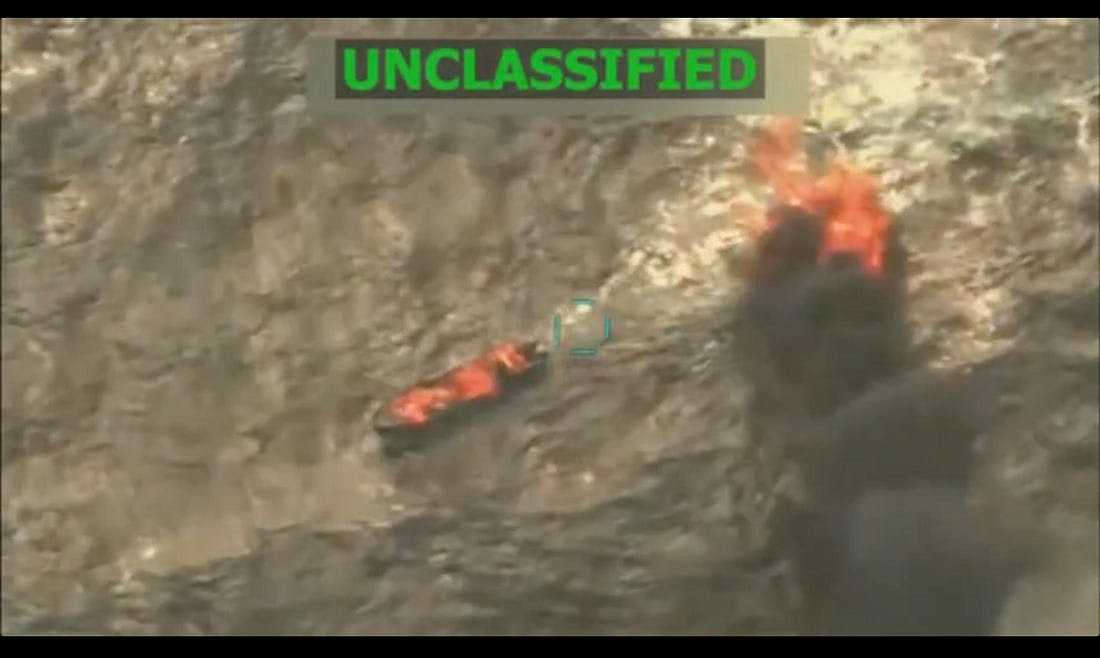



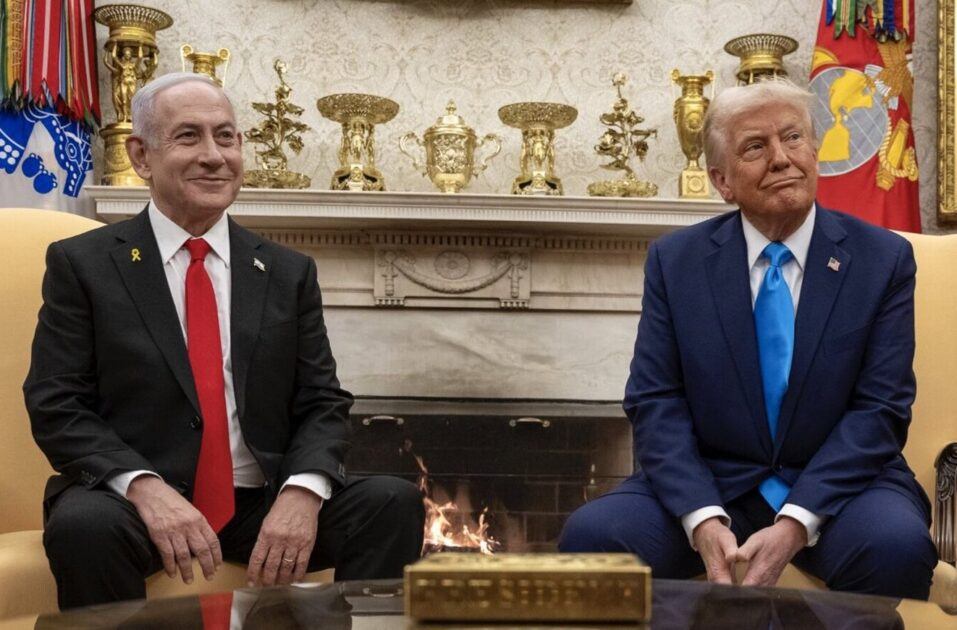
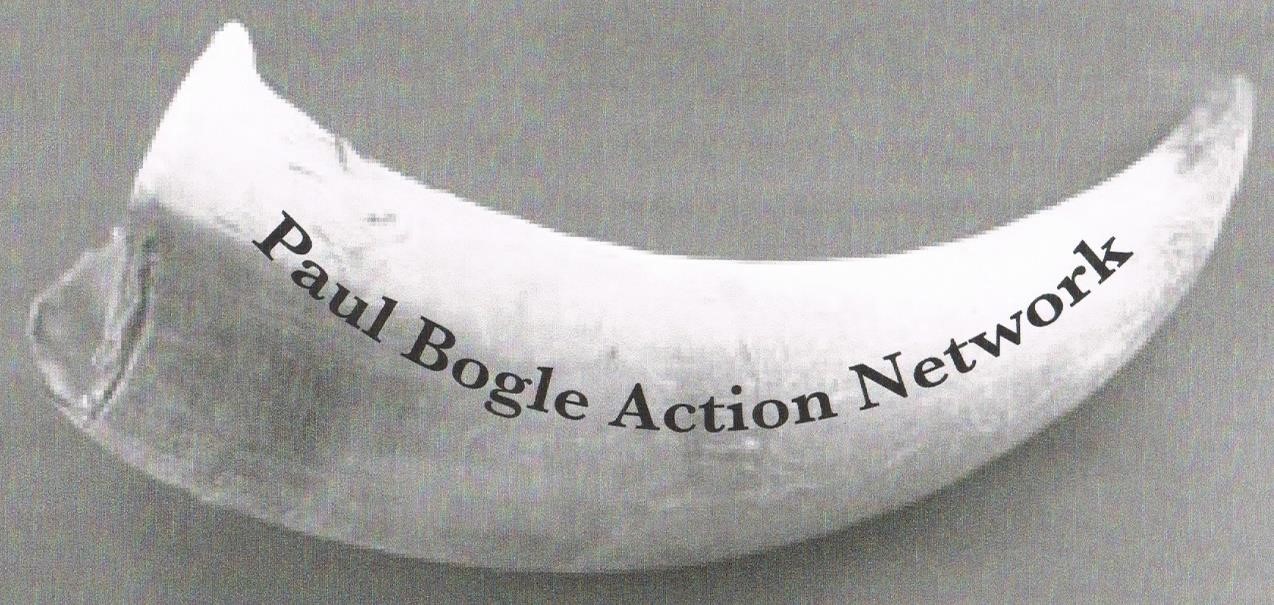

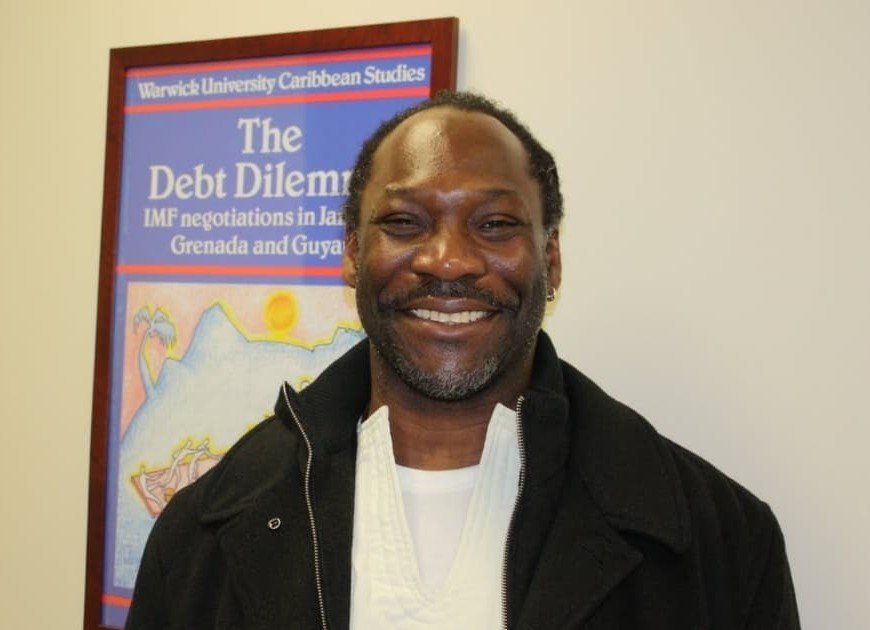
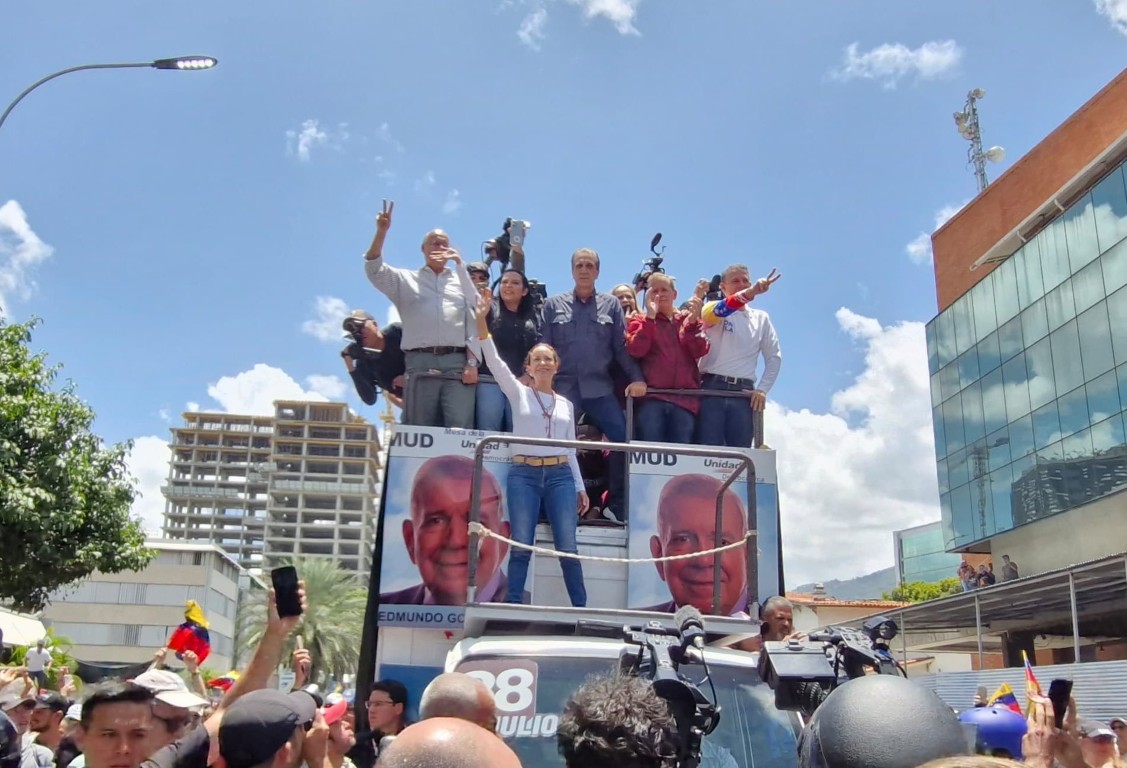
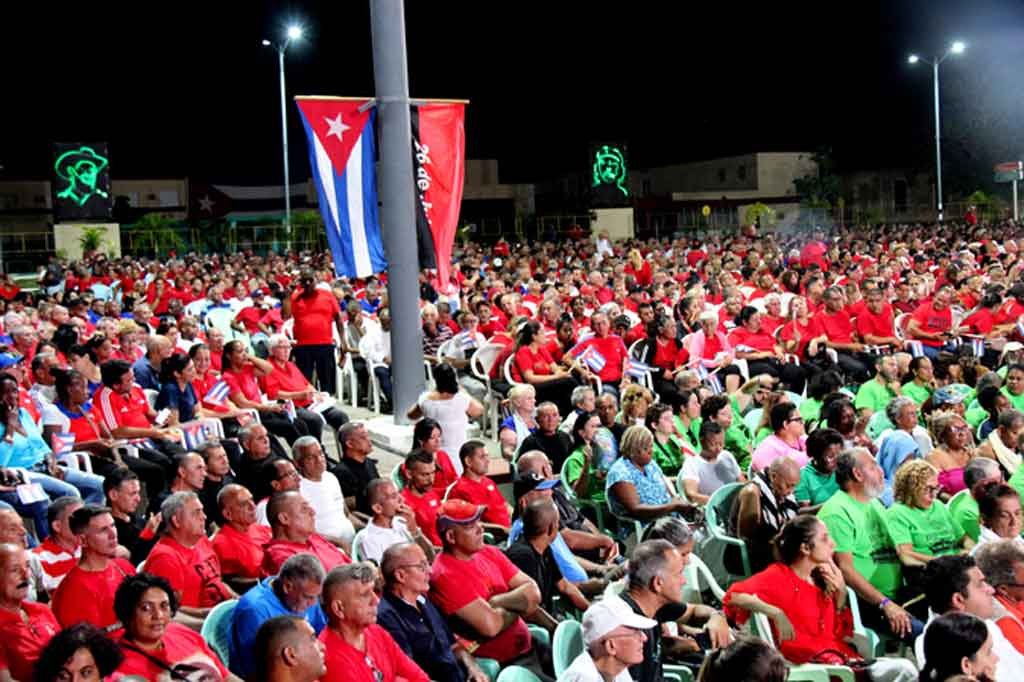
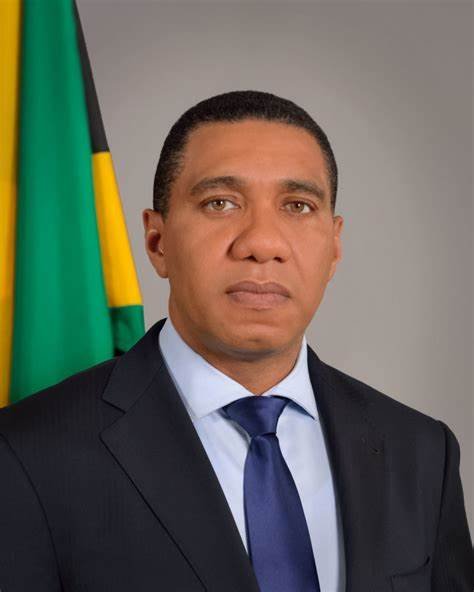

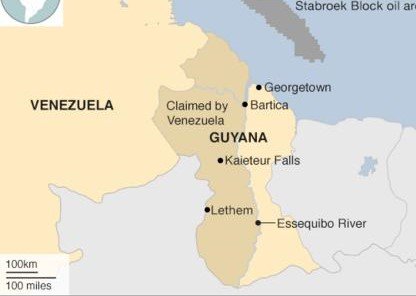
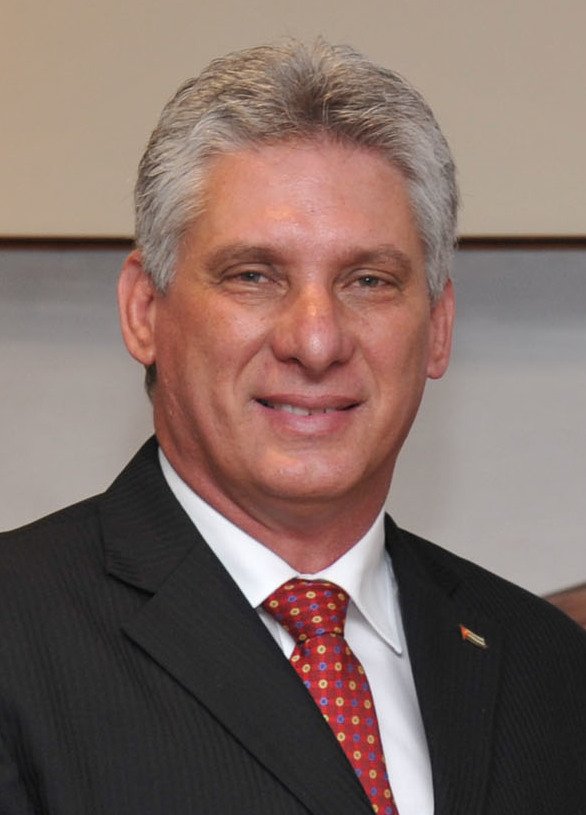
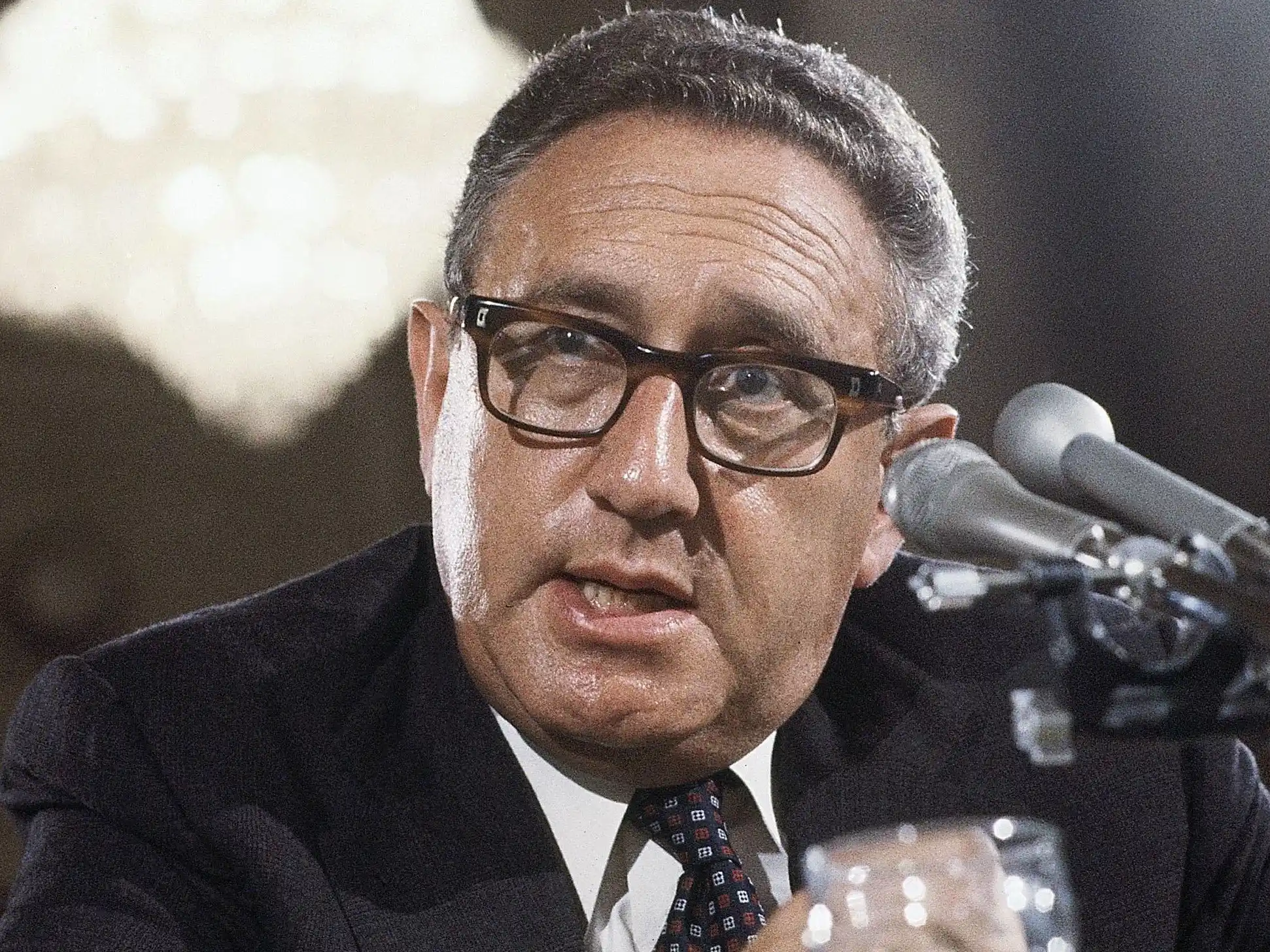
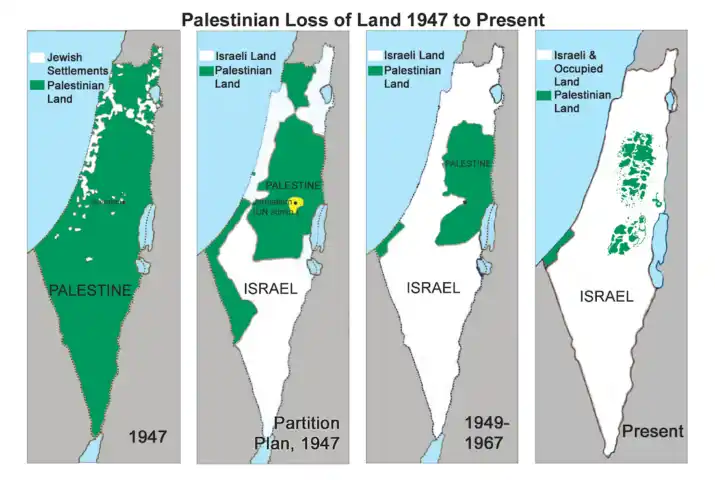
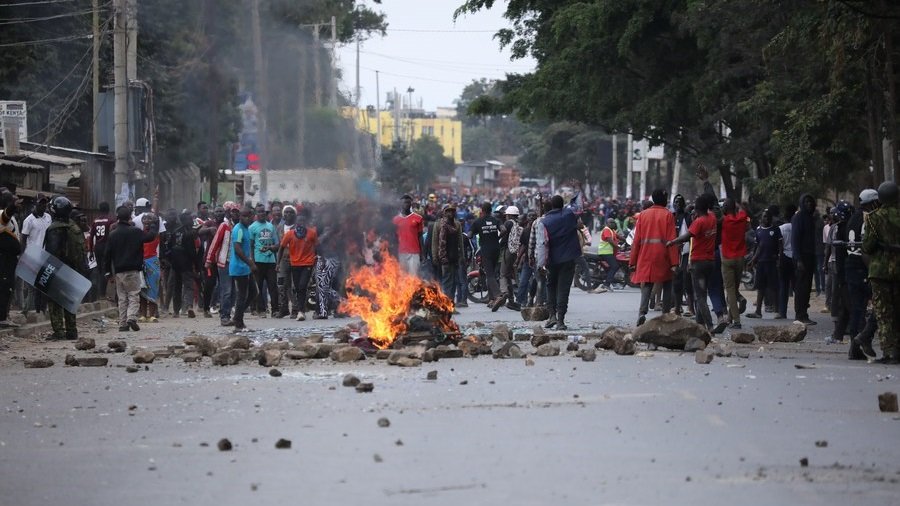
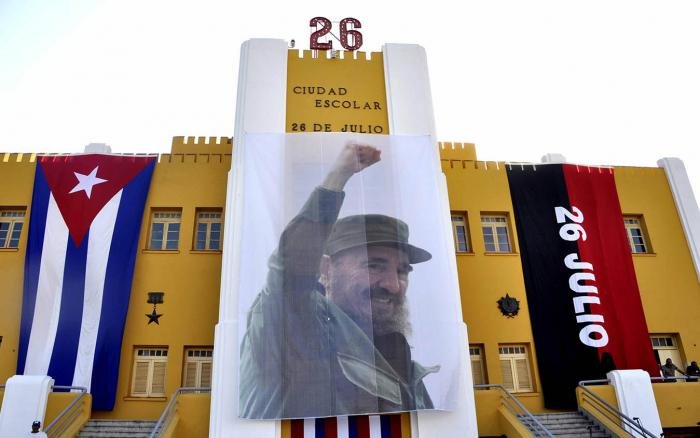
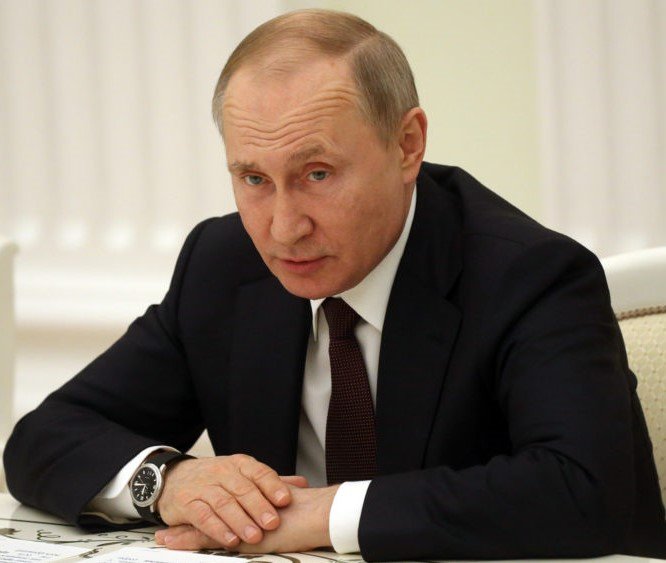

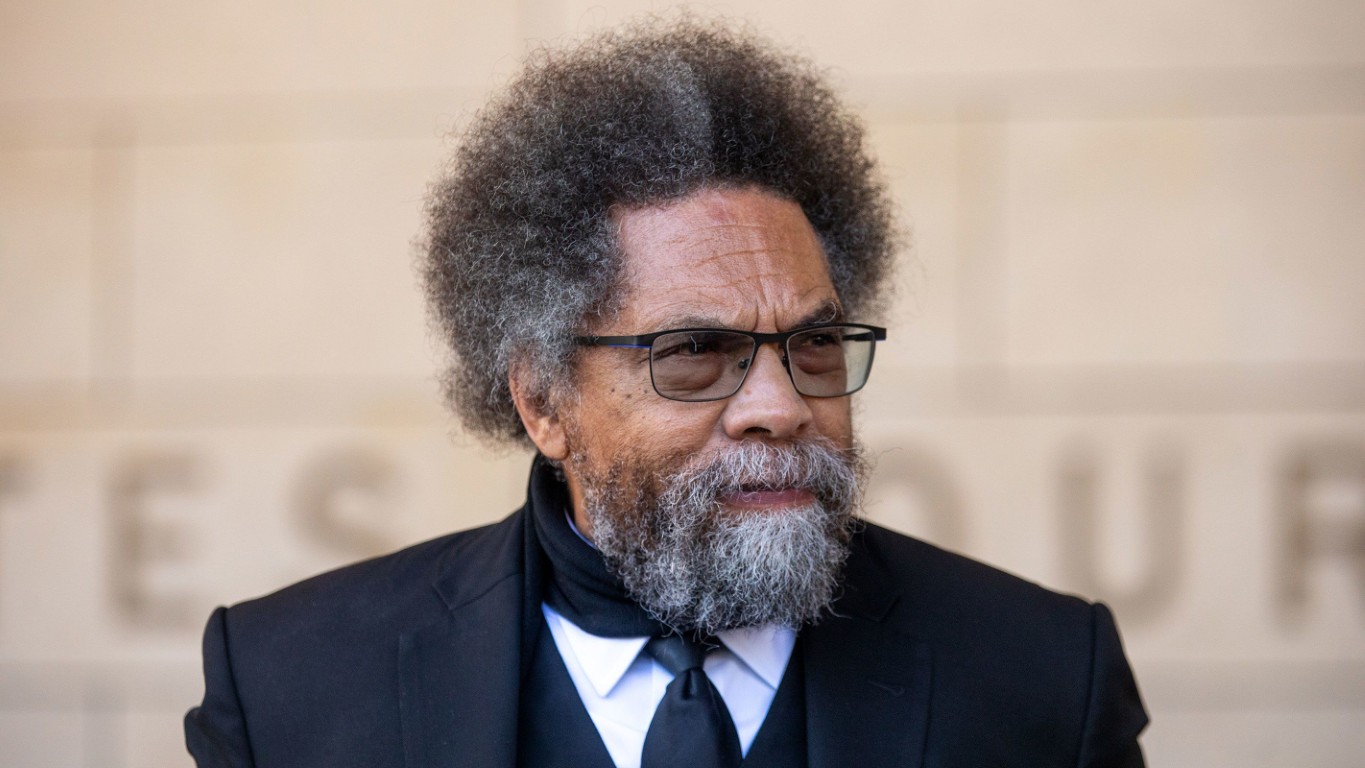


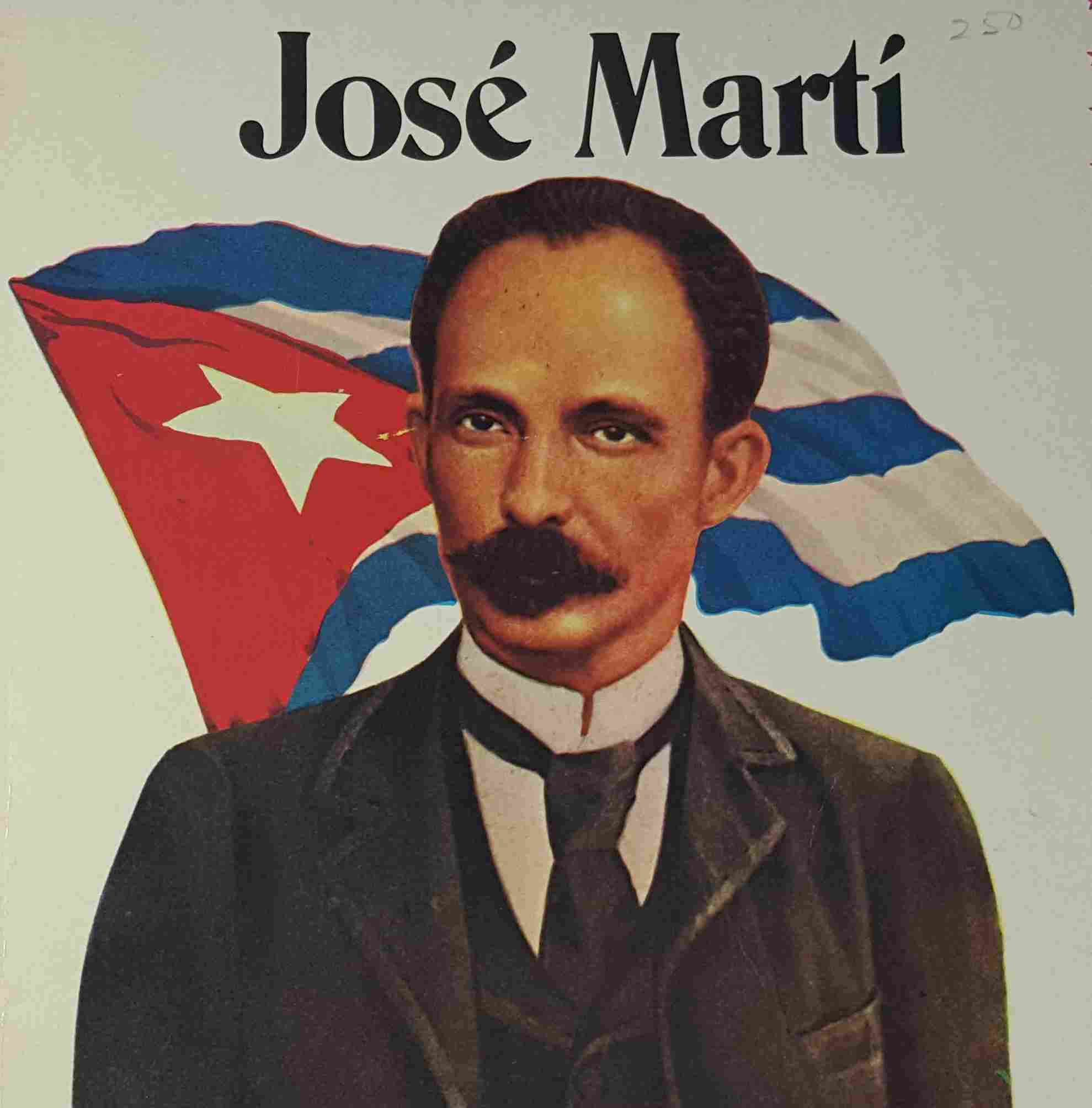
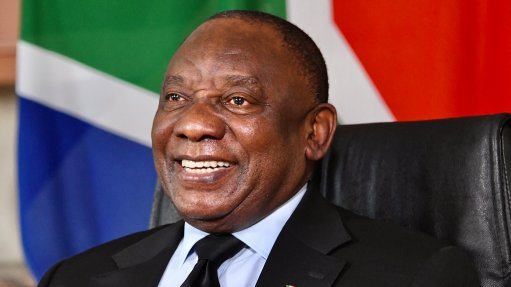



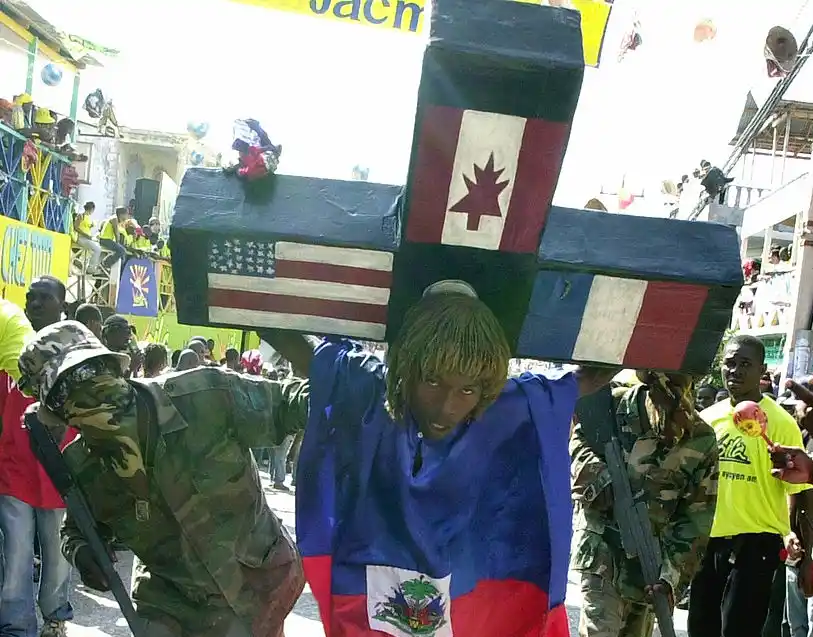
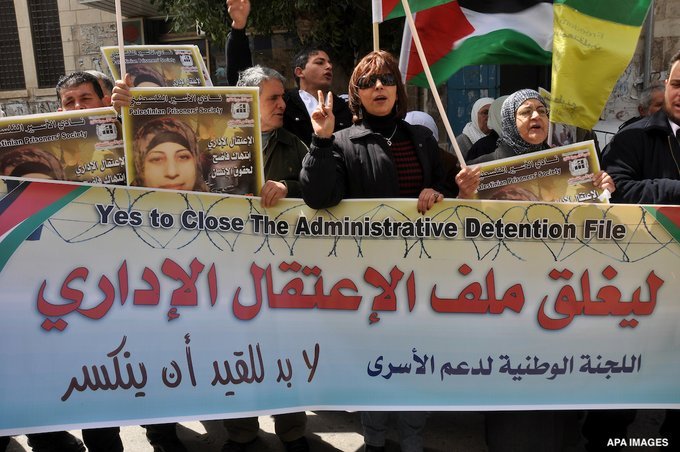

Share with your network